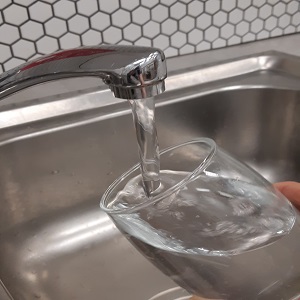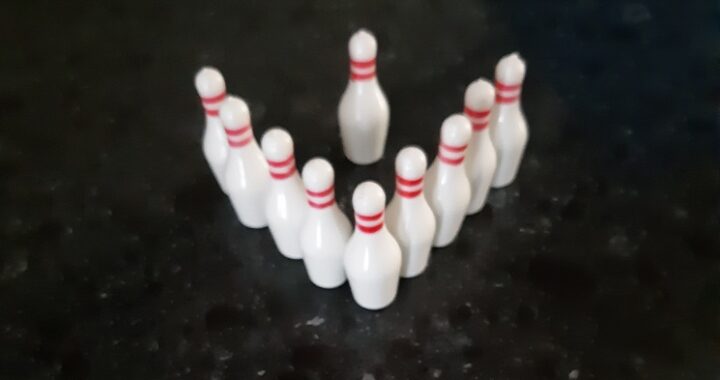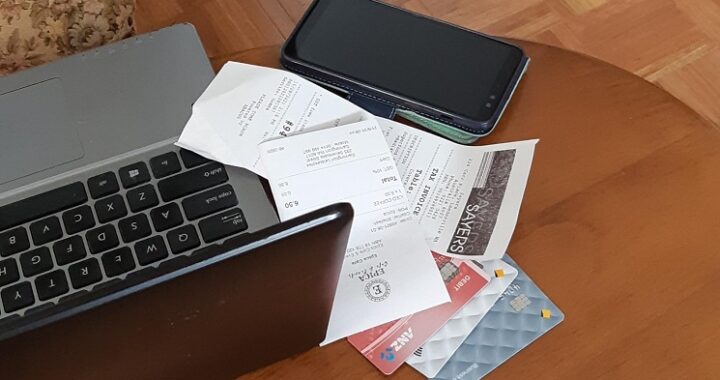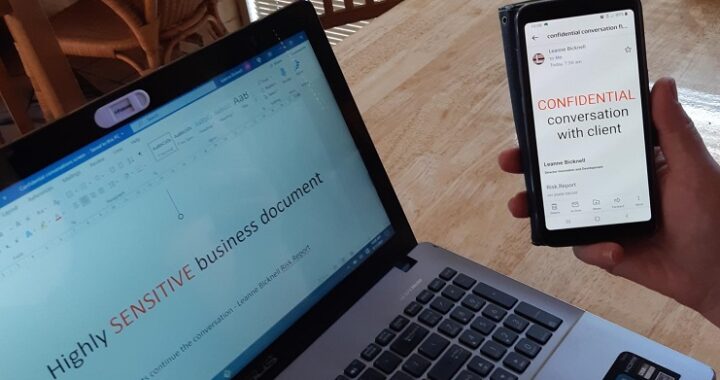(6 min read)
Increasingly, people are refraining from drinking alcohol regularly or in excess. As a response, I would like businesses to rethink what type of drinks they purchase for rewards, functions, and celebrations.
I am not saying remove alcohol from your shopping list completely. However, I do challenge owners and managers to consciously consider their choices and what they are saying about their business.
The number of reasons for reducing or abstaining from drinking alcohol is interesting and includes the standard things we can talk about, e.g., improving physical and mental health and for religious beliefs. There are other less discussed topics including male impotence, alcohol induced violence, and memory loss.
Research in 2020/21 by Bupa Global indicates 52% of high-net-worth individuals were self-medicating to deal with mental health challenges during the pandemic. If this reflects, at least in part, the small business picture, then we are in real trouble.
It’s surprisingly common for businesses to promote and enable the acceptance of the consumption of alcohol. Simple things such as giving a bottle of wine as a thankyou gift, meeting over drinks, having alcohol free flowing at functions while non-alcoholic alternatives are out of sight. This all adds up to alcohol consumption being associated with business activities.
This behaviour is antiquated and out of touch with the younger generation, who are drinking less alcohol than their older cohorts. In their report, National Drug Strategy Household Survey 2019, the Australian Institute of Health and Welfare clearly indicates that there is an upward trend in voluntary sobriety in many sections of society.
The shift away from alcohol consumption can be full abstinence or reduced consumption. This is acknowledged by many authorities on the subject, a fact that is mirrored in the number of large alcohol merchants and manufacturers increasingly retailing non-alcoholic beverages.
So why are some businesses so slow to implement these cultural changes that could promote inclusion and improve the health of owners, managers, employees, clients and business image? My theory is humans need to belong to a tribe, and historically it was much more acceptable to be a drinker than to refuse the offer of an alcoholic beverage.
In addition, those organising events and rewards may themselves have an unhealthy relationship with alcohol, thus helping to mask the issue further. To add complexity, alcohol is spoken about as if it isn’t a drug.
Alcohol consumption, even in excess, is bragged about, laughed at, and rewarded, in media, in business discussions, and when advertising events. ‘Alcohol = fun and inclusion’ is a wide-spread message in society.
When you walk into an event, you are immediately offered an alcoholic drink. It is like athletes as they go through the tunnel and enter a stadium. You are welcomed, others are there to acknowledge the hard work you have put in to get there and they cheer you on.
I can only think of a couple of examples where non-drinkers got more than a token gesture of water (at times out of a tap), a popular soft-drink bought in bulk (at room temperature), and/or the cheapest fruit juice drink on the shelf – often self-serve away from the bar, and in plastic cups.
Non-drinkers can be treated like lepers, there is a sense of exclusion from the time they enter a function. It is no wonder many have told me they have stopped going to functions altogether.
This is a juxtaposition to drinkers who frequently get more than a dozen choices of boutique beers, prize winning wines, and quality mixes, served front of bar, in glassware or in bottles, by qualified wait staff.
Many articles focus on the alcohol consumption of employees, particularly from an Occupational Health and Safety or insurance point of view. The behaviour of the owner/manager is ignored – keeping the conversation in safe territory.
Business brunches, lunches, and out of hours meetings all add to the many opportunities for owners and managers to drink. Many of those organising or attending may be self-medicating and encourage others to do so. It is a vicious cycle.
Just as canaries were used in the past to check air quality in confined spaces, the over-consumption of alcohol, in relation to business, is a warning sign there is something very wrong.
Altering the language used, and removing brags and positive inuendo linked to intoxicated behaviour, goes one step closer to reducing the social stigma surrounding not drinking alcohol. Everyone can also conscientiously reduce the number of alcoholic presents and rewards businesses use, both for internal and external celebrations.
Owners and managers can help by being forward thinking and progressive and having non-alcoholic drinks offered on entry and served with equal pride as their alcoholic cousins. My challenge is for businesses to model positive behaviour for others to follow.
Change is coming, in large part thanks to a younger generation leading the way.
Leanne Bicknell
Director of Innovation @ Risk.Report
+61 (0)455 330032 leanne@risk.report
Something worth travelling for:
Münster astronomical clock, St Paulus, Domplatz, Münster, Germany, built in 1540-42. Housed in the interior of the Cathedral, this beautiful, rare example of astronomical clocks turns anti-clockwise, is divided into 24 hours and replaces the original 1377 clock. Go when the fresh food and flower markets are on, Wednesdays and Saturdays, for an amazing range of regional and international treats and lovely floral stalls.
Notes:
Irrespective of the alcohol/self-medication link, non-alcoholic beverages are much appreciated by the many individuals who choose no or low alcohol consumption, including: recovering alcoholics, those on certain medications and/or health conditions, women who are pregnant or trying to fall pregnant, individuals with poor behaviour responses to even low levels of alcohol in their blood, religious groups, people who have experienced trauma linked to alcohol consumption, and the health conscious.
There is no dispute that alcohol is linked to self-medicating in mental health situations. Seek help if you believe you have a problem and encourage others in a similar position to do so.
Resources for those interested and that have time:
Business leaders self-medicating to cope with COVID-19 pressure, Bupa Global 19/11/2020. An excellent article that doesn’t mince words. https://www.bupaglobal.com/en/your-wellbeing/healthy-minds/stress-and-self-medicating
Alcohol and other drugs, resource by Ahead for Business. A really good source of information focusing on small business. https://aheadforbusiness.org.au/resources/alcohol-and-other-drugs
The No-Alcohol Industry Boomed Over the Pandemic. Where’s It Going Next?, Kate Dingwall, Forbes 29/10/2021 interesting to see where the big players see the future of non-alcoholic sales. https://www.forbes.com/sites/katedingwall/2021/10/29/the-no-alcohol-industry-boomed-over-the-pandemic-wheres-it-going-next/?sh=354179423daf
The issue: Non-alcoholic drinks, Acuity Magazine 20/08/2021. Worth looking at for their take on the current situation in Australia and New Zealand. https://www.acuitymag.com/business/non-alcoholic-drinks
National Drug Strategy Household Survey 2019 the Australian Institute of Health and Welfare, 16/07/2020. A much-needed eye opener based on solid research. https://www.aihw.gov.au/reports/illicit-use-of-drugs/national-drug-strategy-household-survey-2019/contents/summary



